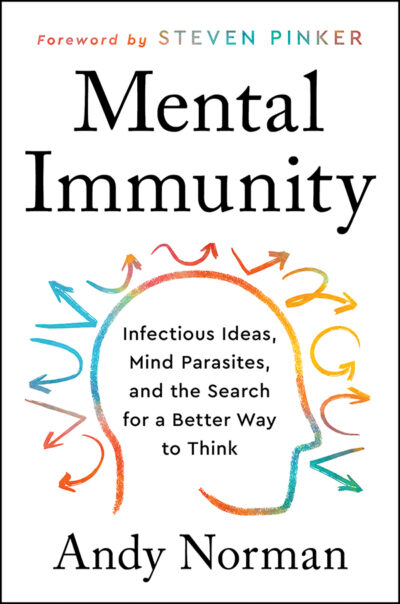8 WAYS STUDENTS CAN MAINTAIN HEALTHY SLEEP
Royette Tavernier, assistant professor of psychology, is director of Wesleyan’s Sleep and Psychosocial Adjustment Lab housed in Judd Hall. Here, she monitors individual sleep patterns.
“COPING WITH the turbulent waves of university life inevitably results in compromises in one important human behavior: sleep,” says Royette Tavernier, assistant professor of psychology. Tavernier is a developmental psychologist whose research examines the link between sleep and psychosocial adjustment among adolescents and emerging adults.
Tavernier says the issue of inadequate and poor-quality sleep is especially pertinent to the university setting for a number of reasons. First, university students generally do not have direct parental supervision and thus may be more likely to adopt unhealthy sleep-wake patterns. Second, university students have more rigorous academic schedules, which require significant time commitment, resulting in compromises to sleep time. Third, the high prevalence of late-night activities on campuses fosters a culture of irregular sleep-wake timing.
Tavernier suggests eight ways for college students to establish and maintain healthy sleep:
1. WHEN YOU CAN, opt for classes that match your chronotype—your preferences for early versus late sleep-wake timing.
2. MAKE PLANS to socialize during the day. “Try to schedule some of your social activities for the day time in order to free up time for sleep,” she says.
3. BE VIGILANT of changes in your sleep-wake patterns. “Negative changes in any aspects of your sleep could provide insight into your emotional health,” Tavernier suggests.
4. DO YOUR BEST to maintain a regular week-weekend sleep-wake pattern. “While catching up on sleep during the weekend sounds like a good idea, highly variable sleep-wake times over the week negatively impact sleep behaviors through disturbances to the body’s natural circadian timing.”
5. UNPLUG from electronic communication before bed. “Taking time to unplug at night facilitates the onset of sleep and may reduce night awakenings due to distractions from electronic devices.”
6. BE MINDFUL of your diet and exercise habits. “Taking walks—even as short as 10 minutes per day—is not only a worthwhile physical activity but can be a good way to clear the mind and regulate your mood, indirectly having a positive in uence on sleep.”
7. NAP smart. “Sleeping during the day for longer than 90 minutes may negatively interfere with nocturnal sleep, leading to irregular bedtimes and wake times.”
8. TAKE A COURSE on sleep. “Learning more about sleep will improve your knowledge and appreciation of what has been considered one of the most critical behaviors for overall health and well-being,” Tavernier says. “I recommend PSYC 343 for students at Wesleyan University!”




